Mindfulness News
Read about the benefits of mindfulness in everyday life. Find out more about our courses and latest news.
Singing Bowl Meditation?
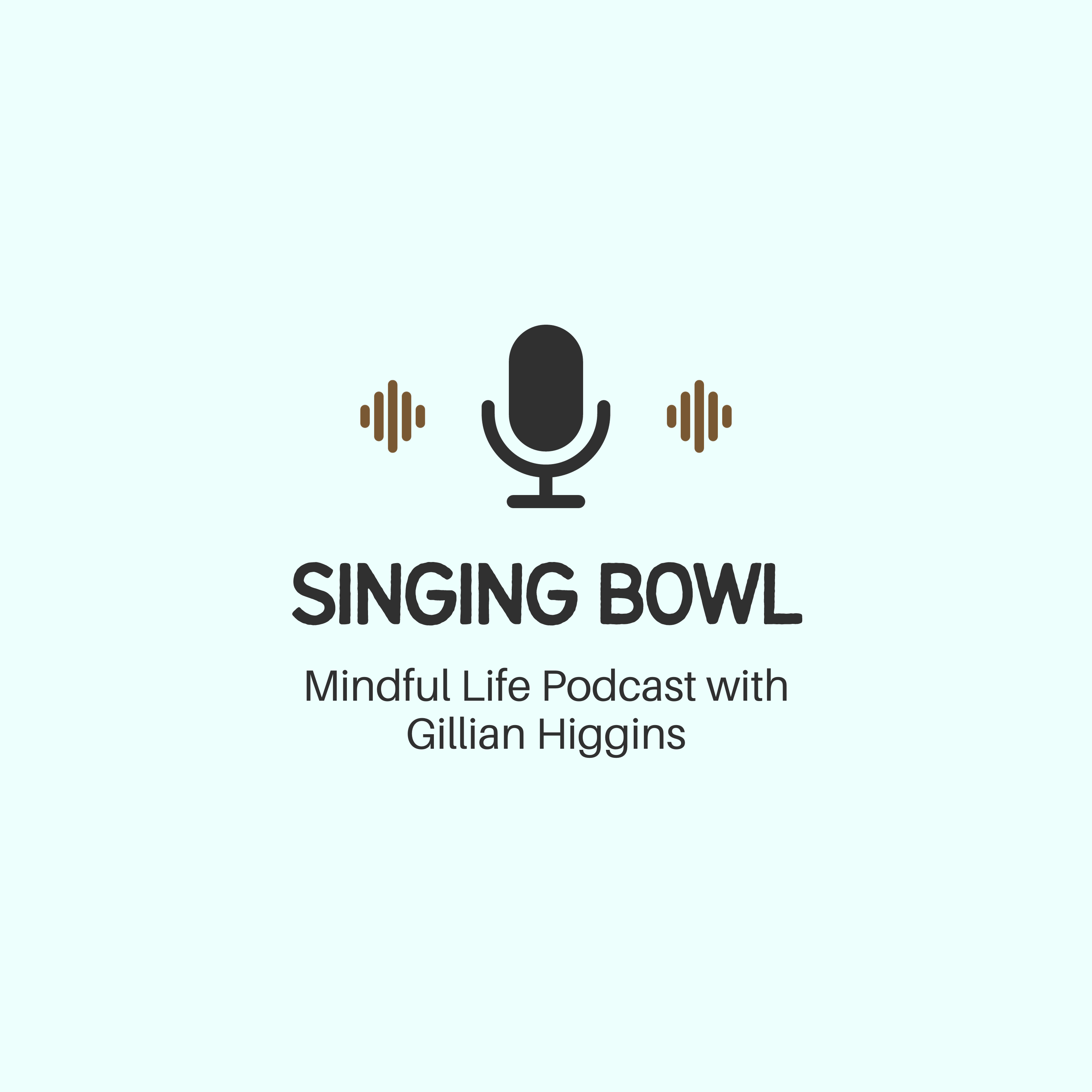
This week, tune in to a short Tibetan Singing Bowl meditation on the new Mindful Life podcast, hosted on Spotify.
This meditation introduces the resonant sound of a Tibetan singing bowl which is used as an anchor to the present moment. Click here to meditate.
Here's Why!
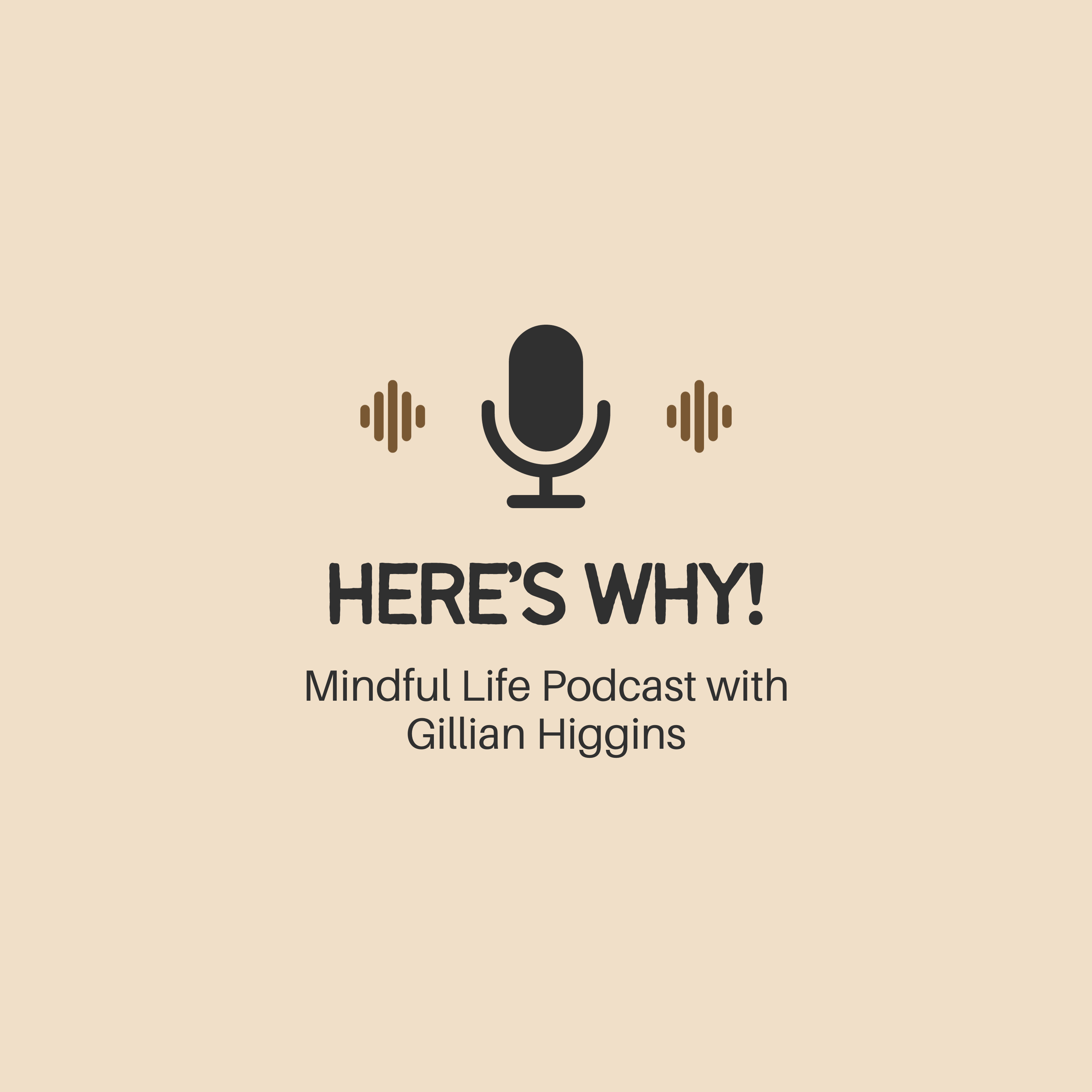 As part of the launch of this month's new Spotify Mindful Life podcast, I explain in this short piece how and why I started to practice mindfulness. To hear more and to listen to this week's meditations, simply click here.
As part of the launch of this month's new Spotify Mindful Life podcast, I explain in this short piece how and why I started to practice mindfulness. To hear more and to listen to this week's meditations, simply click here.
Spotify's Mindful Life Podcast by Gillian Higgins
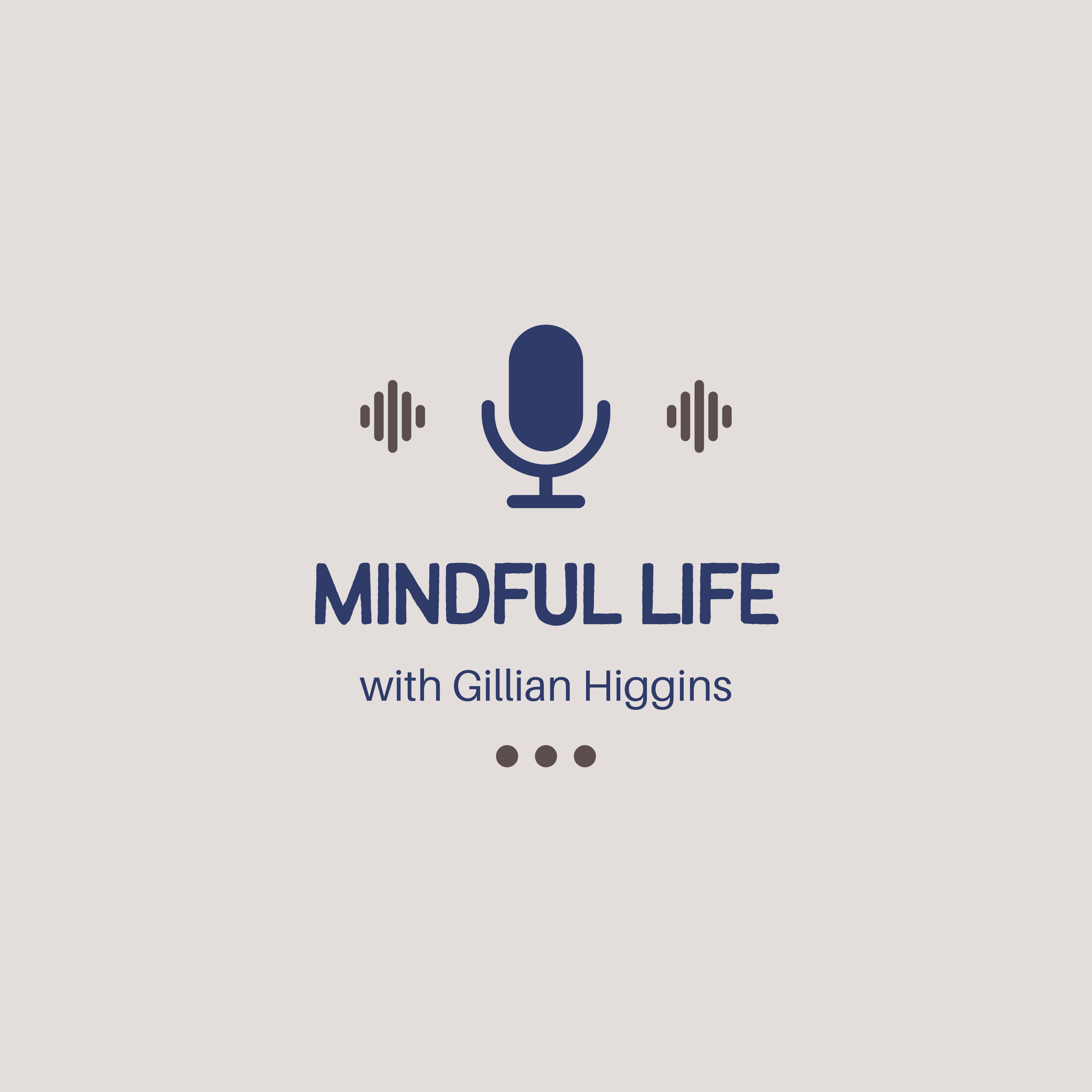 This month, I am launching the Mindful Life podcast on Spotify.
This month, I am launching the Mindful Life podcast on Spotify.
As host, I will be sharing practices, hints and tips on how to bring mindfulness into your daily life. As many of you already know, coming to mindfulness out of sheer need, my approach is no-nonsense and refreshingly simple. So tune in, sit back...and breathe.
This week, you can find short meditations and a trailer audio as to how I got involved in the practice.
Check it out here and let me know what subjects you would like me to cover.
Enjoy and breathe!
Love Gill x
Building Resilience

In Mindfulness at Work and Home, I describe resilience as that which “prevents you from disappearing down a black hole, folding in and giving up when things go wrong. It moves you from passive to active. From victim to warrior – or somewhere in-between. Resilience is the grit that helps you to get up and carry on in the hope that things will get better. It’s the capacity to adjust positively to difficult life circumstances.”
The good news is that more than five decades of research show that resilience is highly trainable. Moreover, the practice of mindfulness impacts resilience as it helps us to find a place of calm within ourselves and to be more in touch with our motivations and intentions. In short, mindfulness helps us to pause, step back, reflect, shift perspectives, create options, and choose wisely.

Guided Meditation
Conscious Breathing Meditation by Gillian Higgins
Mindfulness at Work and Home Published in Israel
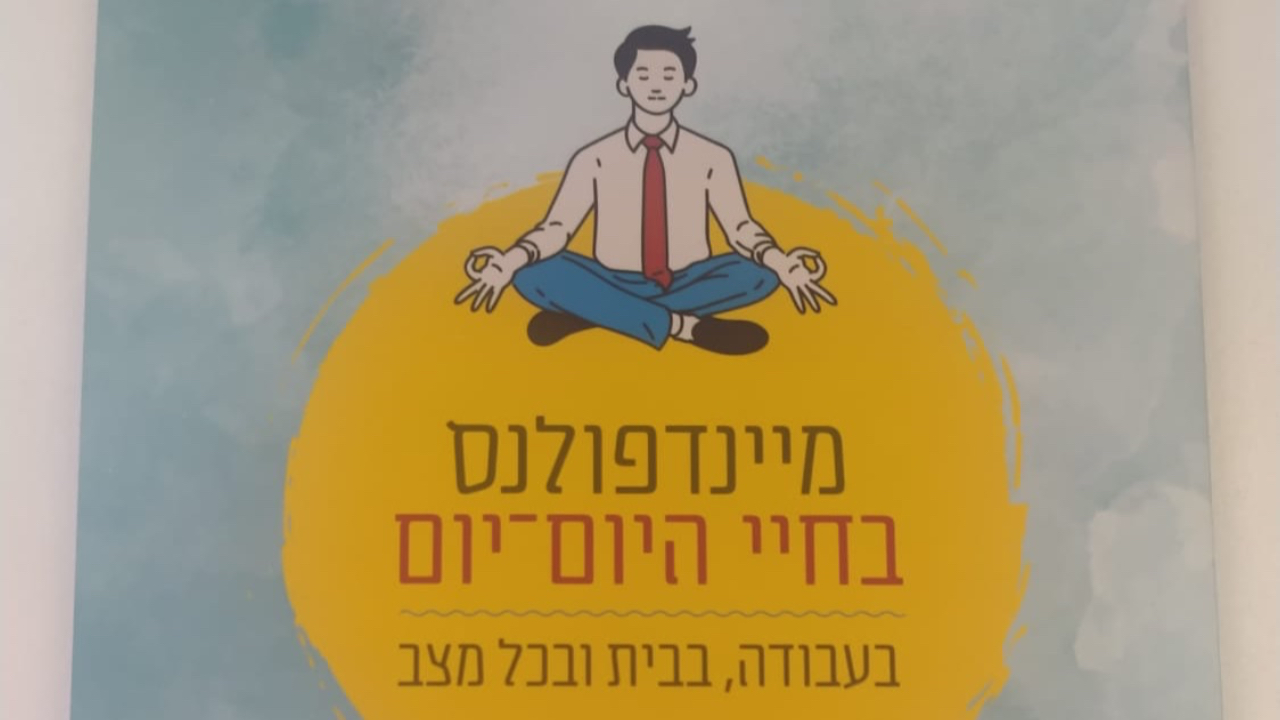
Mindfulness at Work and Home has now been published in Israel by Tchelet Books. This Hebrew version has a brand new cover and has been edited by the brilliant Guy Herling. Thanks to all the team at Tchelet.
I think it's time for a trip to the Hebrew Book Fair later this year. Looking forward to meeting some mindful readers and spreading the word in Israel.
Enjoy and breathe!
E-Book for 2023
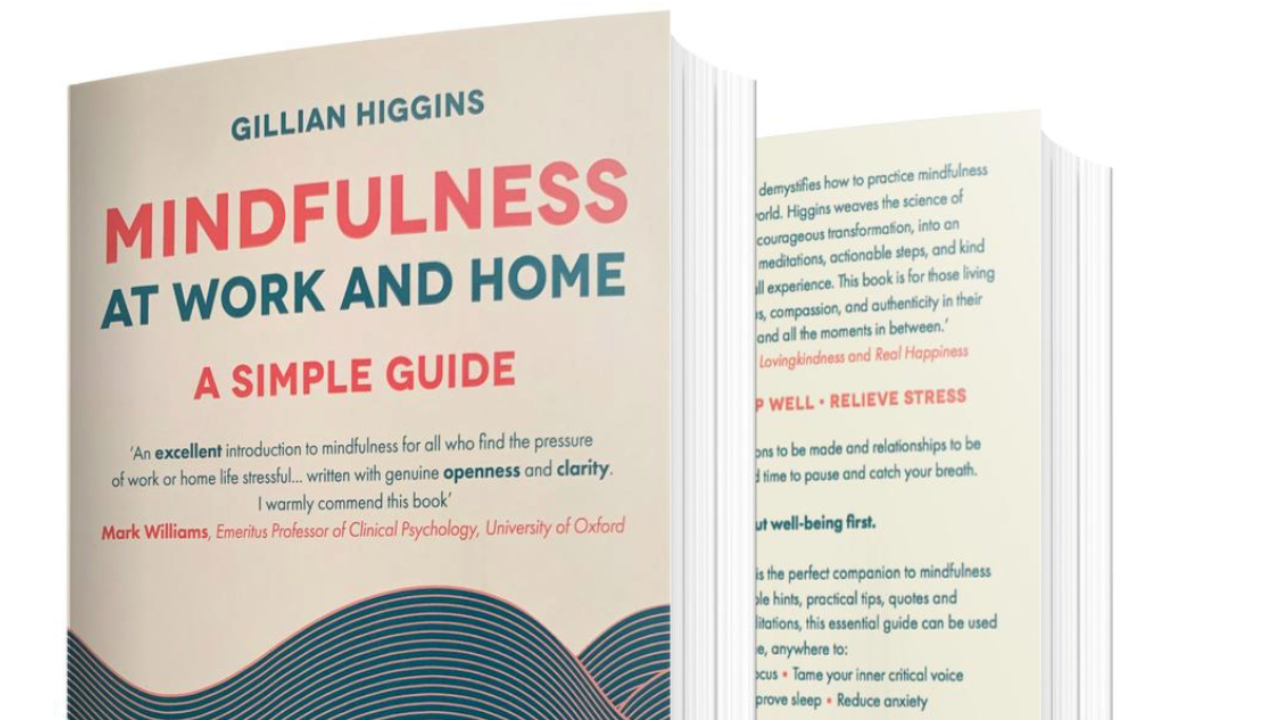
The E-book version of Mindfulness at Work and Home is now available direct from Everyday Mindfulness!
To obtain your copy, click here.
£5.99
Breathe and Enjoy!
Want to Tame Your Inner Critical Voice?
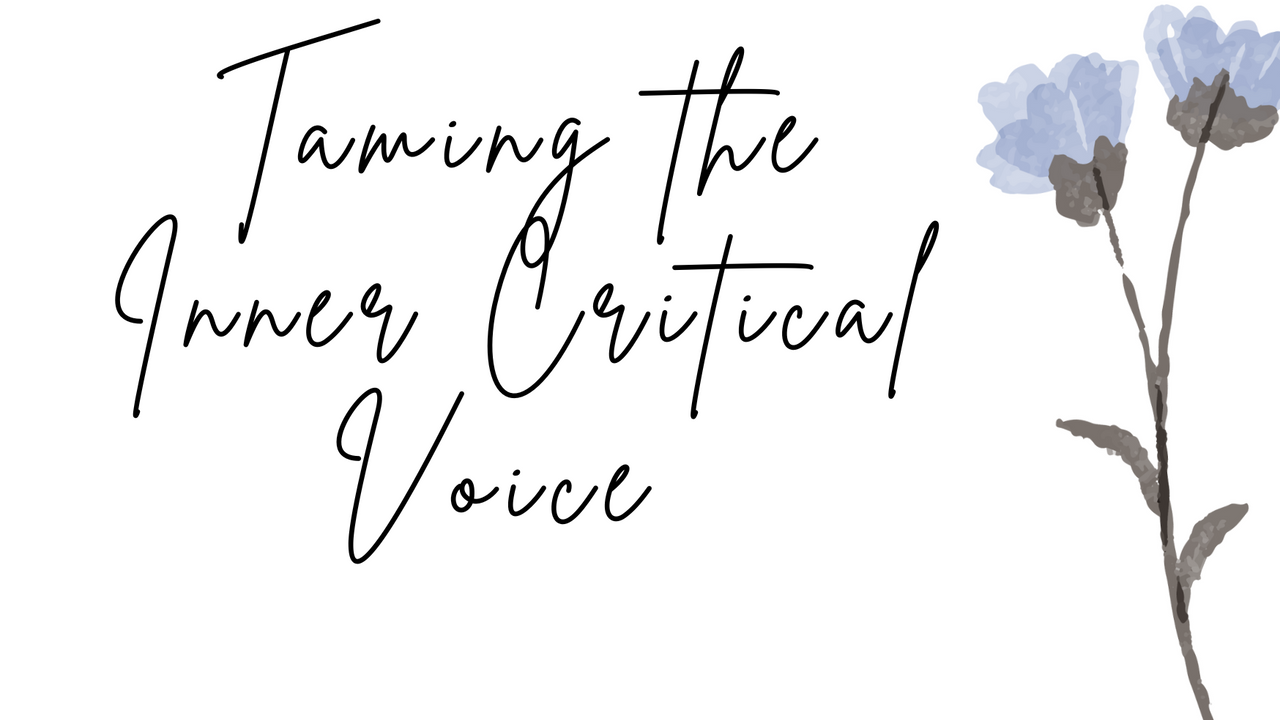
Tune in to this short video in my which I talk about how mindfulness can help you to tame your inner critical voice.
This video is part of the pre-recorded 8-week Everyday Mindfulness course which you can discover here. Enjoy and listen out for the next time that negative voice hits!
A Journey of Hope - The Daisy Garland

This week, The Daisy Garland launched its latest charity film "A Journey of Hope" featuring some of the families they support whose children have drug-resistant epilepsy. The film showcases the impact of the ketogenic diet, their Growing Shoots project, mindfulness and their night-time breathing monitor programme. This campaign aims to provide 46 babies and children with night-time monitors. Please watch and share.
https://www.thedaisygarland.
The Daisy Garland Mindfulness Zoom
Setting up to teach the weekly mindfulness course to The Daisy Garland this evening from my office on Zoom, I am reminded of what a privilege it is to join this community of parents to practise together. To find out more about the critically important work of The Daisy Garland in the field of drug-resistant epilepsy, click here.
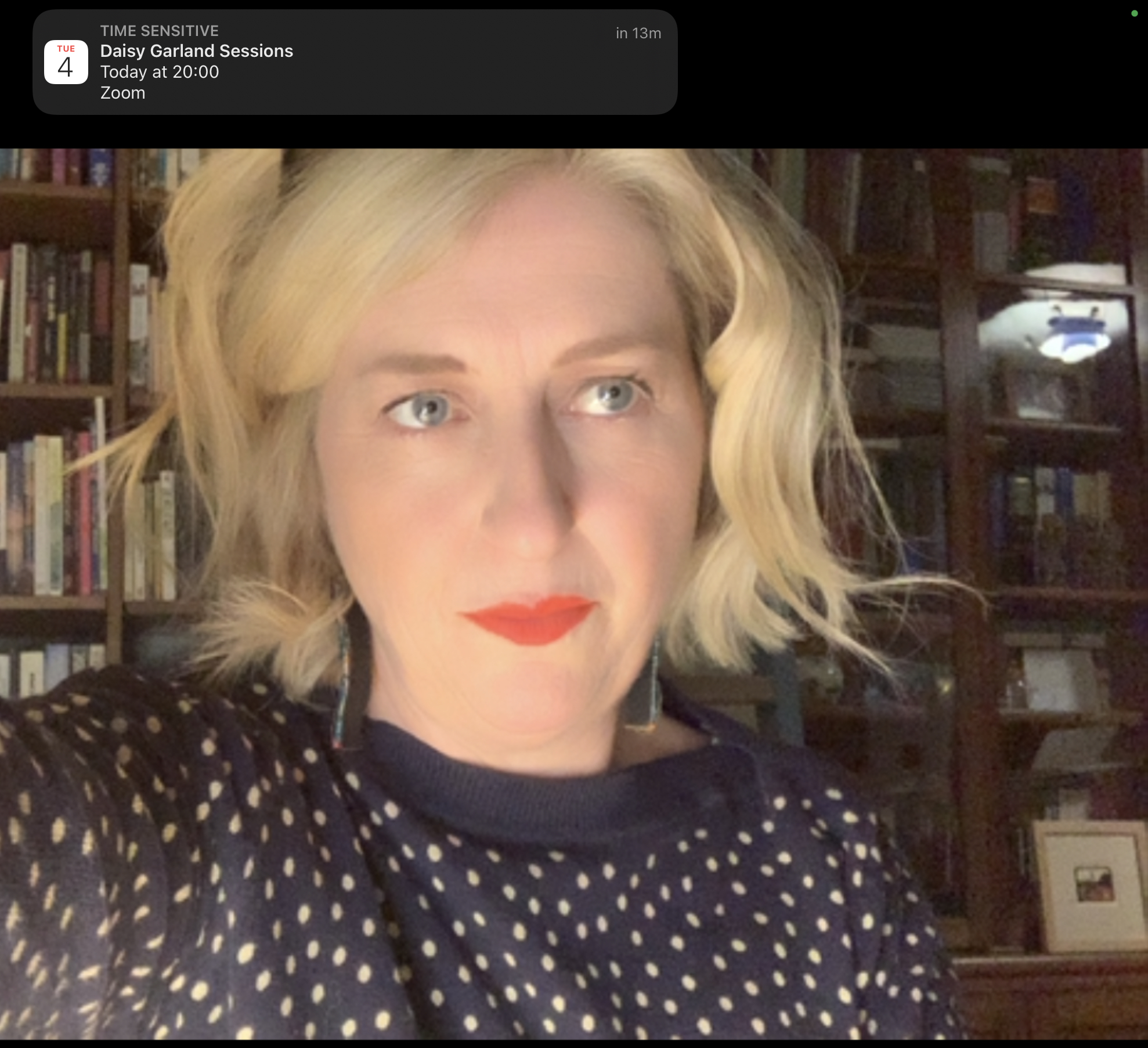
Let's Meditate!

Fancy meditating this week? Why not tune in to eight different short meditations recorded by Gillian Higgins. Click here to get started!